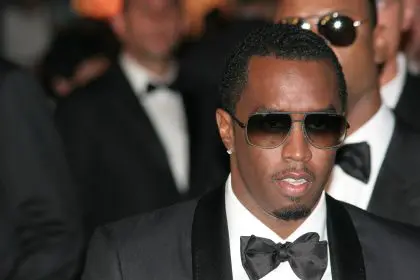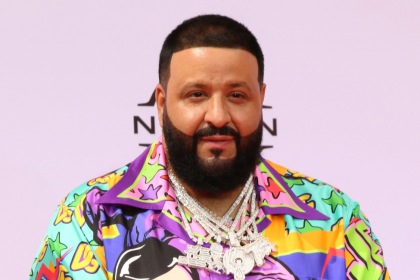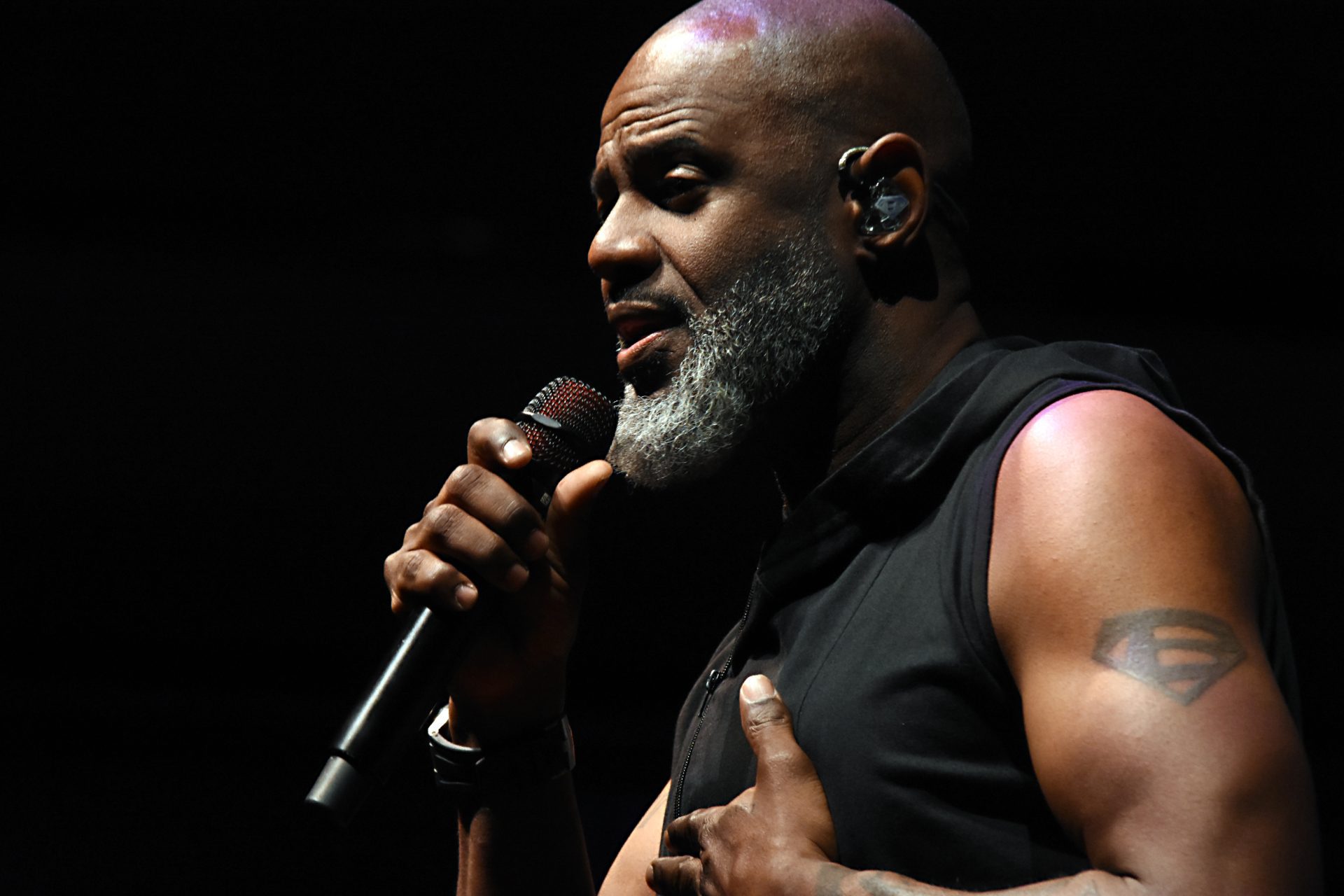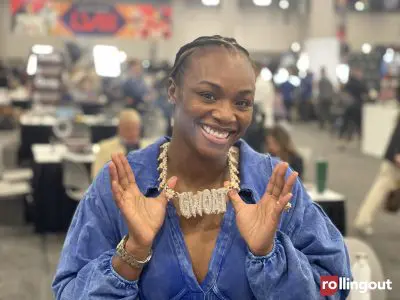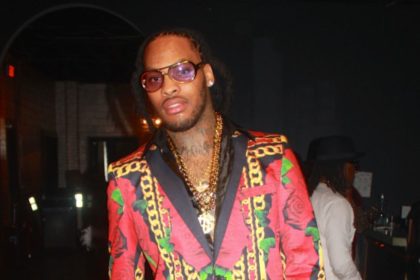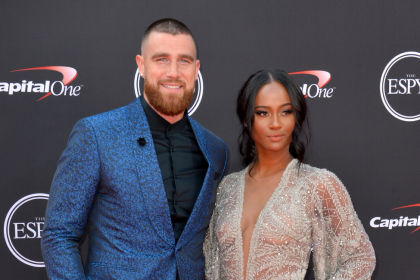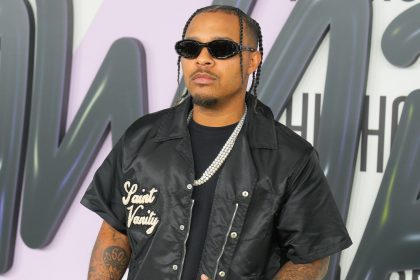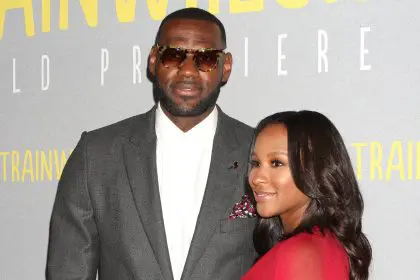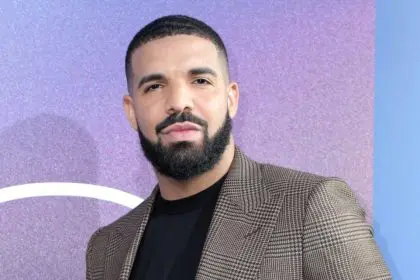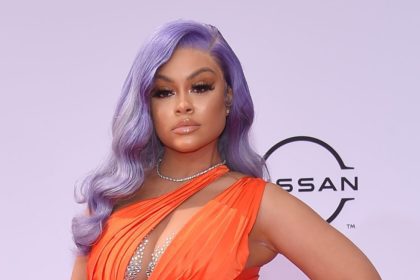The Rolling Stones. Bob Dylan. Paul McCartney. Neil Young.
All of these rock legends have been around for about 50 years now. And all of them are around 70 years old. What else do they have in common?
They’ve all been on the cover of Rolling Stone magazine in the past 18 months.
Whether it was to promote a new album or a new concert DVD, these elder statesmen of rock had no problem landing on the cover of the most recognized music publication in the world. But when was the last time an Ice Cube or a Chuck D was on the cover of any music magazine — let alone the biggest one in the world? How often do you see hip-hop’s elders on the cover of the SOURCE or XXL? Cube and Public Enemy went on tour with fellow hip-hop legends LL Cool J and De La Soul in 2013–not one major publication put any of these luminaries on their cover to promote the tour.
There are also numerous “collectors issues” that canonize the classic rock era. Walk past a newsstand and notice how many times the Beatles‘ body of work gets rehashed or how many times Jimi Hendrix or Jimmy Page land on the cover of a guitar magazine. Their presence is still pretty ubiquitous — even decades after death or disbanding.
These are examples of the breach that currently exists in hip-hop media. Fans and critics often say things like “Hip-hop is a young genre” and “Hip-hop hasn’t gotten to a certain stature as of yet,” but the truth is it’s well past the point of being a “new” phenomenon anymore and any place of respect that it has failed to reach is not the fault of the music — it’s the fault of the media that covers and promotes the music.
And the situation is even more glaring when it comes to radio.
Think about this; the “classic rock” radio format emerged just as the 1970s ended and the 1980s dawned–mostly as a result of a generation of now-middle aged rock fans wanting to hear the sound of the mid-60s through the mid-to-late 1970s, as opposed to the synth pop and hair metal that were just beginning to gain traction on Top 40 radio. If you do the math, and if you consider rock’s breakthrough year to be 1955, then that means that rock music was about 25 years old when “classic rock” became a recognizable format. It may have been even earlier.
Now, compare that to hip-hop.
If you trace hip-hop from it’s origin in 1973 in the S. Bronx, it’s a little over 40 years old as an art form. If you trace it from the release of “Rapper’s Delight” in 1979, it’s still 35 years old as a genre. That’s a full decade older than rock was when “classic rock” emerged as a radio format. Yet there is no “classic hip-hop” radio. Despite the fact that the genre’s oldest fans are well into their 40s and the generation of fans that grew up on ’80s and ’90s hip-hop are now between 34 and 48, there is still no FM radio format that consistently caters to the music that they grew up with. Meanwhile, rock music not only had “classic rock” but also “adult contemporary” radio to showcase older artists’ new music. None of that has happened on the same scale with hip-hop.
And it’s not just about catering to an older generation; when you compare hip-hop’s platforms to rock’s, the entire approach is stupefyingly narrow-minded. As much as some people loathe subgenres, it’s worth noting that alternative rock radio, classic rock radio, modern rock radio, indie rock radio and heavy metal radio all exist and have for decades. Hip-hop is just as multifaceted as rock music, but have you ever heard of “alternative rap radio?” Why not? Why would it be so strange to launch a platform that showcases only the more left-of-center acts in hip-hop? It helped the subgenre thrive in rock — why wouldn’t that happen in hip-hop? Or gangsta rap radio? Or adult contemporary rap radio?
It’s important to address this vacuum because so much classic hip-hop has fallen by the wayside and is ignored or simply skimmed by younger generations. We tend to view older rock and soul music as “classic,” but hip-hop made before 1995 is just dismissed as “old.” We’ve allowed this to happen. Also, having these various platforms would provide older artists with a place to showcase their music to fans who love and appreciate what they do. Why should a Raekwon or an LL Cool J have to go on BETs “106 & Park” to promote an album to teenagers who barely even know who they are? We have painted the genre into a corner.
It has to be acknowledged that print media and radio are not the only places music fans get their music fix these days. But they are still very important cultural barometers and controllers of how that music is disseminated. Otherwise labels wouldn’t still deal with program directors and magazines wouldn’t still spend fortunes on photo shoots. These “traditional” forms aren’t monopolizing the media anymore, but they still carry a lot of weight.
The next time you see an aging rock star at a high-profile awards show or performing at a charity benefit, think about these discrepancies. We should canonize the music of Rakim and Big Daddy Kane just as much as we canonized the music of David Bowie and Elvis Costello. Otherwise, don’t get upset with that teen who has no idea who Queen Latifah was before she starred in movies. Just nod and admit that they shouldn’t know who she is, because we obviously didn’t think her music was important enough to preserve.


